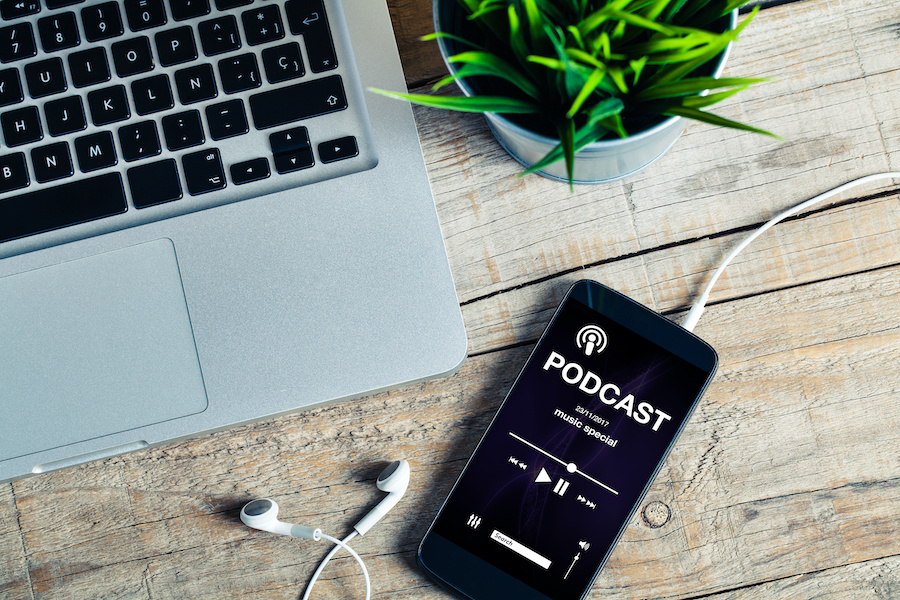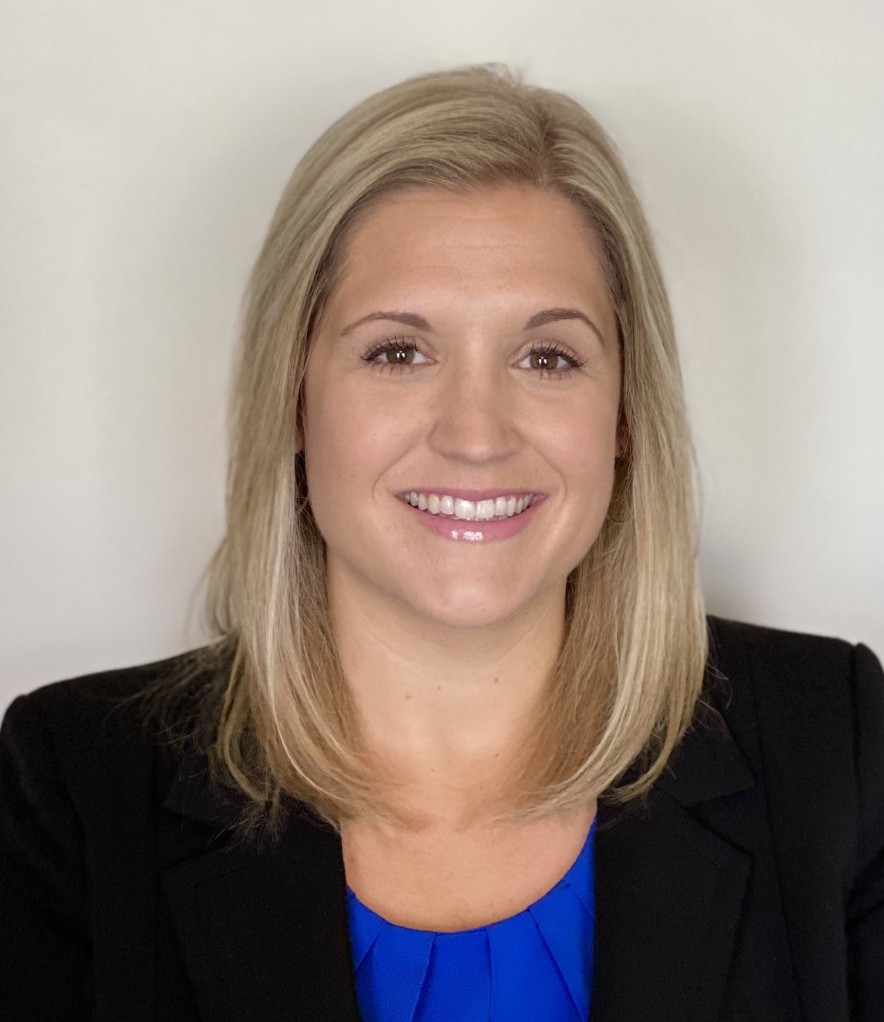Podcast Pointers: What You Need to Know to Launch Your Own
By Angela Tuell, APR
October 2021
It seems everyone is a podcaster today. With more than 1 million podcasts available, you can find one on any topic, from cats to the paranormal.
For many years, I had wanted to start a podcast in which I would interview journalists to hear their stories, learn what makes them tick and discover how PR professionals can help them. But client work and growing my business always took first priority.
Then, during the COVID-19 stay-at-home order, I found myself with more free time and decided to turn my goal into a reality. The podcast “Media in Minutes” was born. I knew it would be a large undertaking, but didn’t realize the time, effort and resources a podcast series would require.
You may have a great idea for a podcast, but it’s daunting to know where to begin. Here are some important considerations to keep in mind:
Have a reason for starting your podcast.
“Why do you want to have a podcast?” is a question I often hear. Luckily, I know exactly why I started my podcast. It gives me another avenue by which my company continues to build close relationships with journalists while also enhancing our credibility with clients and providing valuable content that improves our search-engine results and draws visitors to our website.
And just as I know exactly why we created our “Media in Minutes” podcast, I also know what we don’t expect it to accomplish. We’re not trying to gain a million listeners or to make money from our podcast.
Very few podcasts earn an income. In fact, the vast majority of podcasts have a negative cash flow because of production costs. If you lack a solid reason that starting a podcast would benefit your business or an organization you work with, then you may want to rethink getting into podcasting.
Create a plan for your podcast.
Before starting a podcast, determine what its format will be. Will you be the sole speaker, or will you have a co-host? Will you interview others? How often will you publish episodes —weekly, biweekly, monthly or daily? Will your podcast be divided into seasons? Will the seasons have themes?
When planning your podcast, it’s important to think long-term. In our case, we decided to publish episodes biweekly, because monthly felt too seldom and weekly would have demanded too much time for our specialized PR firm to dedicate to the podcast.
To start your podcast, you’ll need the right tools and marketing materials:
• A podcast name: Choose a name for your podcast that is related to its content. Keep the short and catchy. Avoid the words “the” and “podcast.”
• Recording and editing tools: When it comes to recording and editing your podcast episodes, you have lots of audio-software options. We use GarageBand, Apple’s free audio-creation software that comes preloaded on Macs, iPhones and iPads. Our intern then edits the recordings for us. You can do your own sound editing or pay a professional.
• Artwork: You’ll need a logo for your podcast, which you can create yourself using a graphic design tool like Canva, or you can pay a professional to design your artwork. Consider incorporating your brand, photo and/or theme into your podcast logo.
• Music: Most podcasts have some form of music, whether it’s just at the beginning and end or interspersed throughout.
• Hosting platforms: Your podcast must be hosted online. Hosting options include Anchor, Podbean and SoundCloud. We find BuzzSprout to be the most user-friendly hosting service for our podcast. It also provides tools to include your podcast on Apple Podcast, Spotify and other platforms, all in one place. On BuzzSprout, you can create a podcast website, find links to post podcasts on social media, and HTML code to embed your podcast episodes on your website.
• Podcast transcripts: Typed transcripts of your podcasts are not a must, but they help you reach people who are hard of hearing. Podcast transcripts also boost search-engine rankings for your website by providing it with additional content. Tools such as Otter can transcribe your audio files, but you’ll still need to manually review the transcripts for errors.
• High-quality content: To keep listeners coming back and recommending your podcast to others, they must find your podcast content interesting, entertaining or beneficial. If you interview people for your podcast, then spend time beforehand researching their backgrounds and formulating questions specifically for them. Many journalists we’ve interviewed on our podcast have thanked me for our carefully researched questions. They’ve told me how often they are asked generic questions instead.
Remember to promote yourself and have fun.
Though we all work in public relations, oftentimes, we don’t publicize ourselves or our companies like we should. Create a marketing plan for your podcast that is specific to your audience.
Have fun with your podcast. If you don’t enjoy the process and it’s not meeting your goals, then perhaps podcasting isn’t the right choice for you now.



